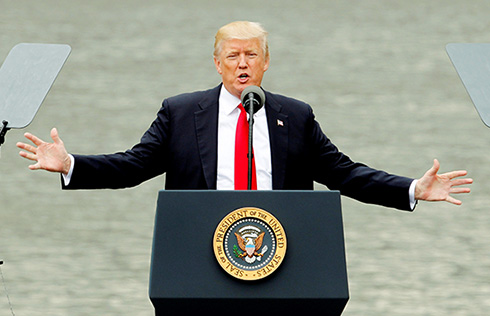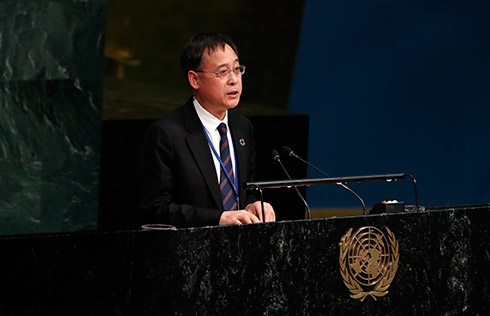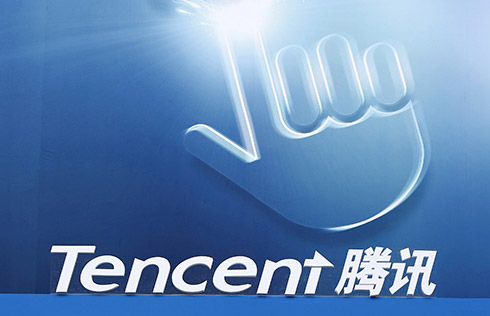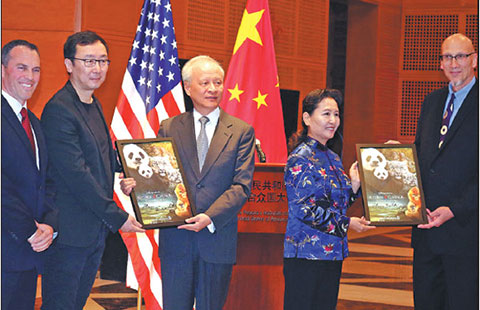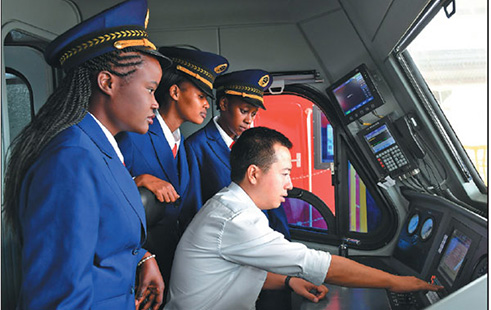Facts confirm success of Belt and Road Initiative
The hard facts attest to China's Belt and Road Initiative resulting in better-than-expected achievements in the past three years, said Shen Danyang, Ministry of Commerce spokesman.
Since 2013 when President Xi Jinping first proposed the initiative, trade volume between China and economies along the trading routes amounted to $3 trillion, total investment reached $50 billion, and newly signed contracts exceeded $304.9 billion, Shen said.
China has signed approximately 50 government-level cooperation agreements with these economies and established 56 economic and trade cooperation zones, Shen added.
Shen made the remarks at a news conference on Monday when the Beijing-based China Bond Rating Co Ltd and the Chinese Academy of Social Sciences released a blue book of outbound investment and risks, with this year's emphasis on summarizing overseas investment along the Belt and Road countries and regions.
According to the annual report, China's outbound investment in those regions is expected to maintain rapid growth this year, with capital primarily flowing into sectors that meet the destinations' socioeconomic development demand.
Findings show that since 2015, energy, transportation and information technology are the top three fields attracting Chinese investors, the majority of whom come from Beijing, Shanghai, Guangdong and Zhejiang provinces.
The report shows the top three destinations receiving most investment are Southeast Asia, the Middle East and South Asia. Of the two commonly used modes, average investment scales of projects by mergers and acquisitions turn out bigger than those through greenfield investment.
Greenfield investment refers to a form of foreign direct investment where a parent company builds its operations in a foreign country from the ground up.
However, when seeking cross-border investment opportunities, Chinese companies are exposed to greater unexpected legal and cultural obstacles, the report said.
Risks in host countries, such as changing local policies and fluctuations in exchange rates, play decisive roles in investors' sustainable development and profitability, Feng Guanghua, chairman of the China Bond Rating Co Ltd, said at the news conference.
Despite the odds, homegrown companies will fulfill the goal of investing abroad by thorough preliminary investigation and prudent risk management, Shen said.
"Chinese companies need to join forces in overseas expansion, and beef up their respective advantages. They should keep away from vicious competition," he added, referring specially to a previous irrational investment frenzy.








